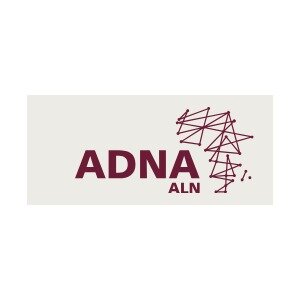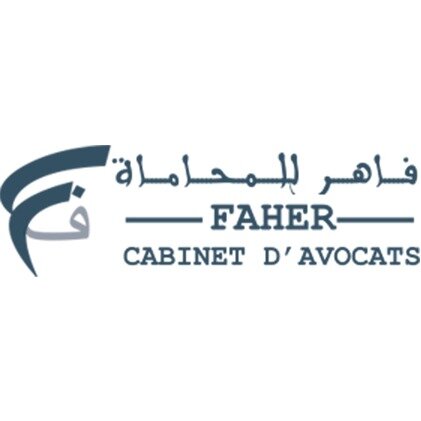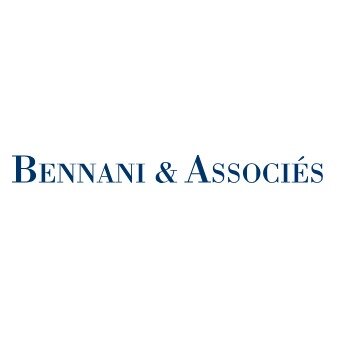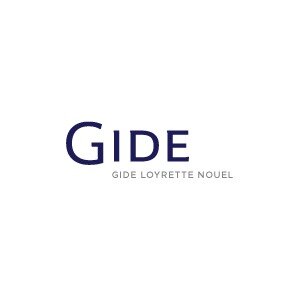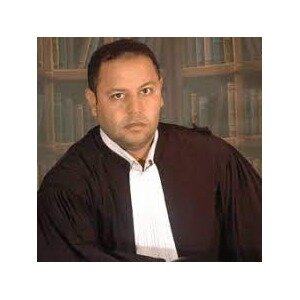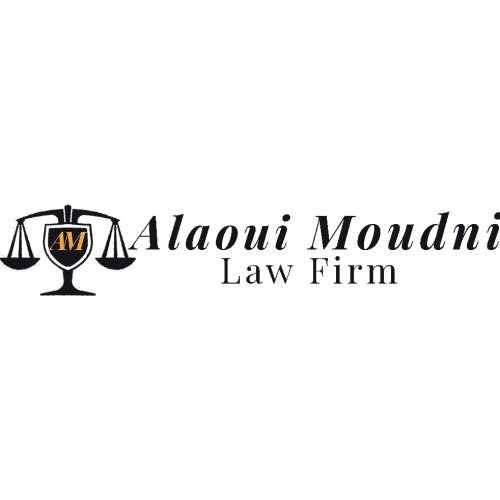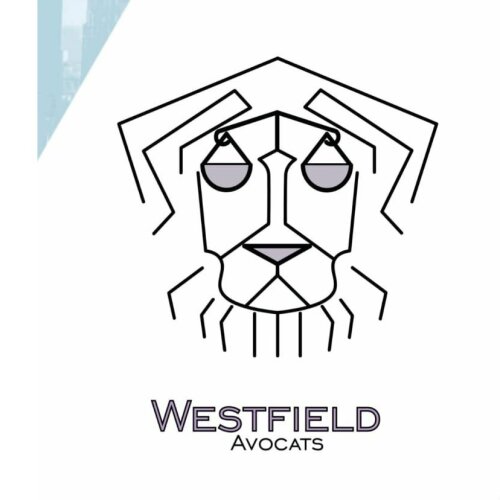Best Renewable & Alternative Energy Lawyers in Casablanca
Share your needs with us, get contacted by law firms.
Free. Takes 2 min.
List of the best lawyers in Casablanca, Morocco
About Renewable & Alternative Energy Law in Casablanca, Morocco
Casablanca, Morocco, is at the forefront of North Africa’s transition to a sustainable energy future. Morocco, and Casablanca in particular, have invested significantly in renewable and alternative energy projects, especially solar and wind. This growth is supported by a developing legal and regulatory framework that aims to incentivize green investment, support innovation, and ensure environmental protection. Renewable and alternative energy law in Casablanca covers issues like project development, permitting, financing, environmental impact, regulatory compliance, grid connection, and consumer rights. The legal field is dynamic, with laws and regulations continually evolving to support Morocco’s ambition to be a regional renewable energy leader.
Why You May Need a Lawyer
There are many reasons why individuals or businesses might seek legal advice in the field of renewable and alternative energy in Casablanca. Legal professionals guide clients through complex regulations, permitting processes, and contractual obligations. Some common situations where legal help is required include:
- Navigating permits and regulatory approvals for new energy projects
- Negotiating and drafting contracts for equipment supply, power purchase agreements, or partnerships
- Securing financing for renewable energy investments and understanding related incentives
- Addressing land use, zoning, and environmental compliance matters
- Handling disputes related to project development or operation
- Protecting intellectual property related to innovative renewable technologies
- Assisting with grid connection and energy distribution agreements
- Advising on compliance with government policies, such as local content requirements
Local Laws Overview
In Casablanca, renewable and alternative energy law is governed by national statutes, government regulations, and municipal policies. The most relevant laws include the Energy Law (Law 13-09) that liberalizes electricity production from renewable sources, and Law 58-15 which amends the energy legal framework to further encourage renewable energy development. These laws establish requirements for licensing, grid connectivity, private investment, and environmental protection.
Additionally, authorities like the Moroccan Agency for Sustainable Energy (MASEN) and the National Office for Electricity and Drinking Water (ONEE) play important regulatory and operational roles. Investors and developers must comply with local land use laws and submit environmental impact assessments when planning new facilities. There are also tax incentives and subsidies for certain projects, and specific processes for the integration of renewable energy into national and municipal grids. Adherence to all these regulations is essential to ensure legal compliance and avoid potential disputes or project delays.
Frequently Asked Questions
What types of renewable energy sources are most common in Casablanca?
Solar and wind are the two most developed renewable energy sources in Casablanca. There is also growing interest in biomass and small-scale hydropower projects.
Can private individuals or companies generate their own renewable energy?
Yes, both private individuals and companies can produce renewable energy under Moroccan law, but they must adhere to licensing, grid connection, and safety requirements.
Are there tax incentives or subsidies for renewable energy projects?
Yes, the government offers a range of financial incentives, including tax breaks, customs exemptions, and subsidies for certain renewable energy investments, especially for solar and wind power.
Is it necessary to conduct an environmental impact assessment?
Most commercial renewable energy projects in Casablanca require an environmental impact assessment as part of the permitting process to ensure compliance with environmental regulations.
Do I need a license to install solar panels on my property?
For residential use and small installations, licensing is generally simplified. Larger commercial installations or those intended to sell power to the grid require formal licensing and approval from relevant authorities.
Who regulates renewable energy projects in Casablanca?
The Moroccan Agency for Sustainable Energy (MASEN) and the National Office for Electricity and Drinking Water (ONEE) are the main regulators, along with relevant ministries and municipal authorities.
How is energy sold back to the grid in Casablanca?
Energy producers must enter into power purchase agreements and comply with grid connection standards set by ONEE and regional authorities. The process is defined by national energy laws.
What should be included in a renewable energy project contract?
Contracts often cover project scope, timeline, payment terms, risk allocation, liability, compliance with laws, dispute resolution, and intellectual property rights.
What legal risks are involved in renewable energy investments?
Risks include regulatory changes, delays in permitting, contractual disputes, land use conflicts, and uncertainties related to tariffs or purchasing agreements.
Can foreigners invest in renewable energy projects in Casablanca?
Yes, foreign investors are welcome in Morocco’s renewable energy market, but they must comply with investment, licensing, and land ownership rules set by Moroccan law.
Additional Resources
If you need further information or wish to contact relevant authorities, the following may be helpful:
- Moroccan Agency for Sustainable Energy (MASEN) - Coordinates major renewable energy projects and policy
- National Office for Electricity and Drinking Water (ONEE) - Manages energy transmission, distribution, and some regulatory aspects
- Moroccan Ministry of Energy Transition and Sustainable Development - Sets national policy and oversees implementation
- Chamber of Commerce, Industry and Services of Casablanca-Settat - Assists businesses and investors with regulatory guidance
- Moroccan Investment and Export Development Agency (AMDIE) - Provides support and information for investors
- Local law firms with energy and environmental law expertise
Next Steps
If you believe you need legal assistance in the field of renewable or alternative energy in Casablanca, consider the following steps:
- Clearly define your goals, whether you are seeking to develop, invest in, or operate a renewable energy project
- Gather all relevant documentation, such as project plans, site information, existing permits, and business registrations
- Consult with a legal professional experienced in Moroccan energy law to evaluate your options and compliance obligations
- Contact relevant government authorities or agencies to clarify specific regulatory requirements
- Discuss contract drafting, land use, environmental assessments, and project financing with your lawyer
- Stay informed about evolving laws and incentives related to renewable energy in Morocco
Seeking qualified legal advice early in your project can help ensure compliance, mitigate risks, and support the successful development of renewable and alternative energy initiatives in Casablanca.
Lawzana helps you find the best lawyers and law firms in Casablanca through a curated and pre-screened list of qualified legal professionals. Our platform offers rankings and detailed profiles of attorneys and law firms, allowing you to compare based on practice areas, including Renewable & Alternative Energy, experience, and client feedback.
Each profile includes a description of the firm's areas of practice, client reviews, team members and partners, year of establishment, spoken languages, office locations, contact information, social media presence, and any published articles or resources. Most firms on our platform speak English and are experienced in both local and international legal matters.
Get a quote from top-rated law firms in Casablanca, Morocco — quickly, securely, and without unnecessary hassle.
Disclaimer:
The information provided on this page is for general informational purposes only and does not constitute legal advice. While we strive to ensure the accuracy and relevance of the content, legal information may change over time, and interpretations of the law can vary. You should always consult with a qualified legal professional for advice specific to your situation.
We disclaim all liability for actions taken or not taken based on the content of this page. If you believe any information is incorrect or outdated, please contact us, and we will review and update it where appropriate.




